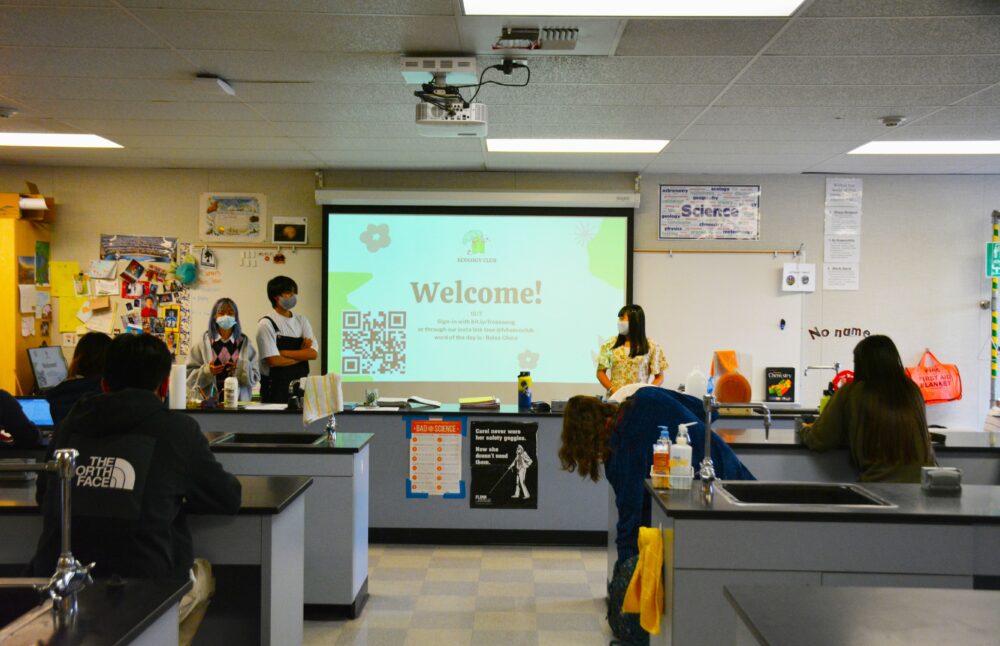
By Molly Chang
According to the Public Policy Institute of California (PPIC), about one in every four Californians believe that the state’s water supply and drought is the number one environmental issue. In the July PPIC survey, 80% of individuals linked the impacts of climate change to the growing drought problem.
Unsurprisingly, these survey results reflect the reality of our environmental issues, as the state’s water supply and drought are causing “stressed ecosystems, depleted reservoirs, hard-hit farms, and rural communities and threats to urban water supplies” (PPIC).
As a result of the lack of water supply, in 2020, California faced countless out-of-control wildfires. For four months, beginning late in August of 2020, fires burned around 4.2 million acres, which equates to the entirety of Los Angeles, Orange, Santa Clara and Santa Cruz.
Although drought is an environmental issue that is considered naturally caused, human activity has lessened the amount of rainfall as well. In a study conducted by the Proceedings of the National Academy of Sciences, researchers noticed that 120 years ago, rainfall patterns remained the same in California. However, humans cause additional heat that further worsens the problem.
Lead researcher Noah Diffenbaugh, a climate scientist at Stanford University, says, “Human emissions of greenhouse gases have increased the probability that when low precipitation years occur, that they occur with a warm environment.” Diffenbaugh further explains that as temperature increases, so will the severity of climate conditions in the next decades.
While the issue of drought is being focused on by institutions such as the California Drought Assistance, California ReLeaf and The Sierra, many school clubs located right in Fountain Valley High School (FVHS) not only volunteer for the environment but also shine a light on environmental issues.
“It only felt like a couple of years ago that we were in our last drought. And now we are in the same position again even through all of our efforts. However, to get through this drought and to prevent future ones, there needs to be a higher level of change,” co-president of FVHS’s Ecology Club and junior Giauy Ngo said.
Organizations at Fountain Valley High School such as the Ecology Club, Surfrider Club and Gardening Club all strive to alleviate the growing problems ruining our ecosystem. Students that participate in these clubs have a chance to positively impact society, while also gaining an understanding of social issues.
Ecology Club: Focuses on spreading environmental awareness and practices through volunteer services.
Surfrider Club: Through beach and harbor cleanups, volunteers strive to protect beaches & the health and sustainability of clean water.
Sealeaf Club: Help maintain plants and wildlife, including protecting the endangered birds found in our wetlands.
Gardening Club: Students become more involved with FVHS by cultivating and maintaining the school’s garden.
For more information on how to join these clubs, visit Ecology Club, Surfrider Club, Sealeaf Club and Gardening Club on Instagram.





